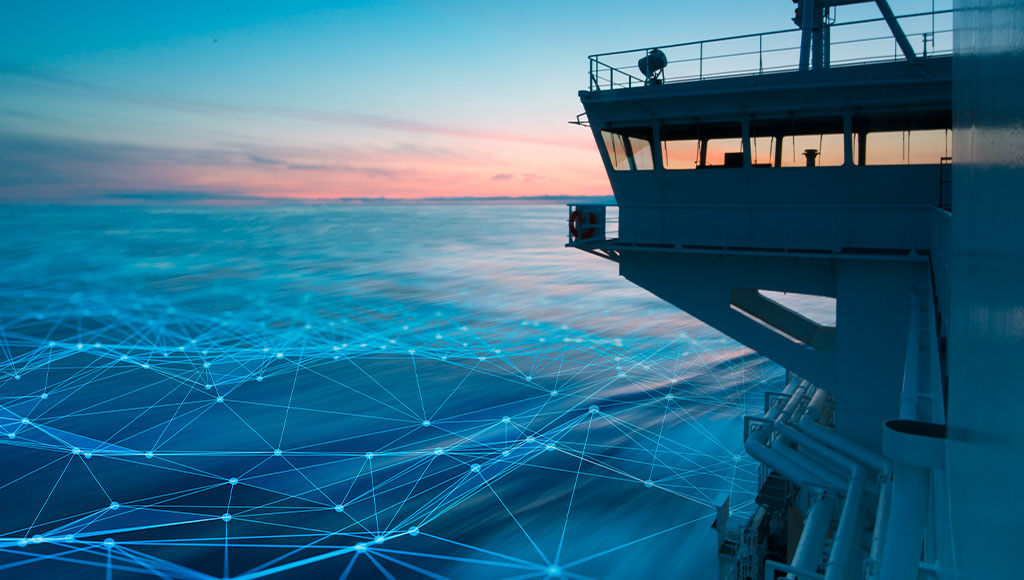The institutional headquarters of the Port Authority of the Balearic Islands (APB) in the port of Palma hosted the ‘Mallorca International Blue Marine Talks 2025’, jointly organized by the National Association of Electric Boats (ANBE). A day dedicated to marine decarbonization and sustainable nautical tourism, which brought together international experts, institutional representatives, and pioneering companies in blue innovation.
During the event, the director of the APB, Toni Ginard, announced that before the end of the year, a green hydrogen fuel cell will be inaugurated in the port of Palma. This facility, integrated into the European Green Hysland project, will supply clean energy to the Maritime Station No. 4.
Ginard also emphasized the push for the electrification of docks (OPS, Onshore Power Supply), which already has a first operational point in Palma for ferries and fast-ferries at the Poniente docks. The APB is working to extend this system to more docks in Palma and to the ports of general interest in Eivissa, Maó, Alcúdia, and la Savina. This system allows ships to connect to the electrical grid in port and shut down their auxiliary engines, drastically reducing CO₂ emissions, particulates, and noise. “This is a true paradigm shift towards the decarbonization of port operations,” highlighted Ginard.
Palma Nautical Bus
The celebration of the Mallorca International Blue Marine Talks 2025 made Mallorca the international epicenter of sustainable nautical activities, with the participation of institutions, associations, and leading companies that debated the challenges and opportunities of the energy transition in the marine sector. Among the speakers were representatives from Switzerland, Germany, Austria, and Spain, who shared experiences on port electrification, electric marine mobility, and fleet repowering.
During the day, the APB also reaffirmed its commitment to sustainable mobility, consolidating the nautical bus service in Eivissa, which went out to public tender last June for a period of 15 years. As well as the tender for another public competition to manage the new nautical bus in Palma, which will have at least three lines to improve mobility and reduce road traffic in the port environment.
The director of the APB recalled the renewal of environmental best practice agreements with sports marina concessionaires such as Alcudiamar, Club de Mar, and Marina La Savina. He also highlighted the marine biodiversity promotion projects on the breakwaters of Portitxol and El Molinar, where construction techniques are applied to regenerate marine habitats, and the recent ban on open-loop systems in docked ships, a key measure to improve water quality.
“We are not talking about isolated actions, but about a comprehensive strategy that combines innovation, public-private collaboration, and environmental sensitivity,” concluded Ginard. With this set of projects, the APB reinforces its leadership in the energy transition and its role as an international benchmark in building a cleaner, more competitive, and sustainable port model.





